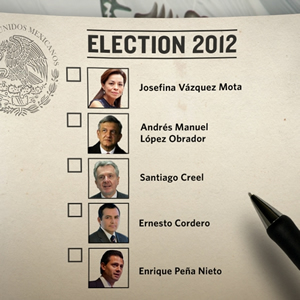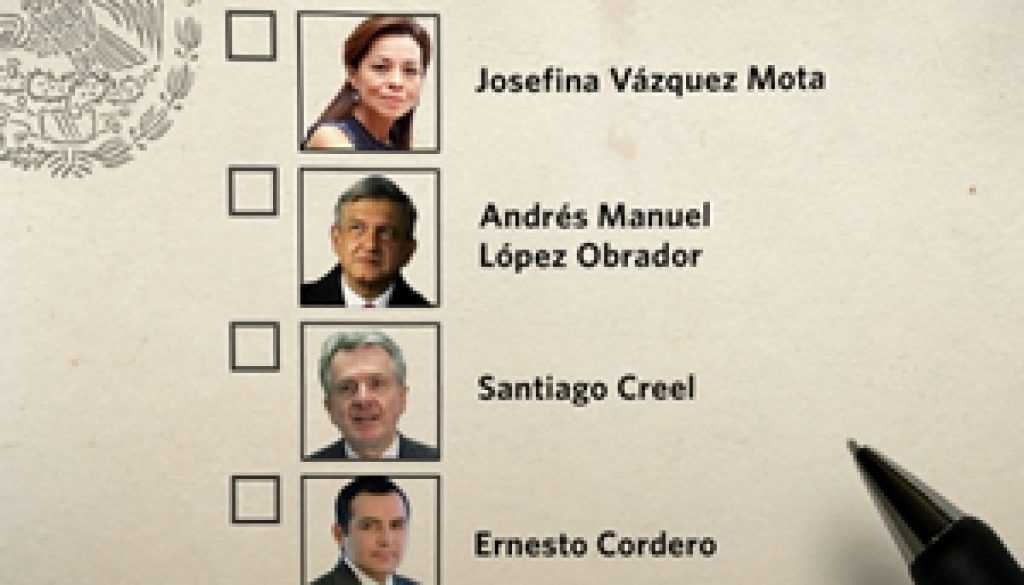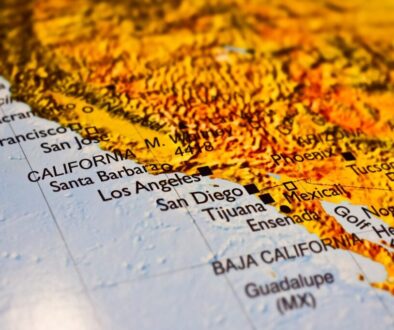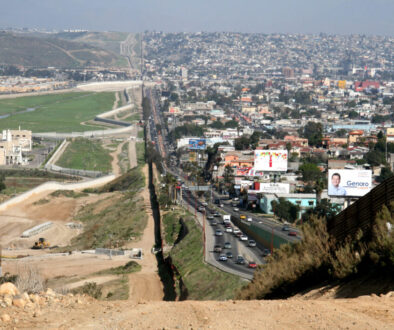Mexican expectations of their new President
 By Adina Moloman
By Adina Moloman
Source: Woodrow Wilson International Center for Scholars
With less than a month before Mexico’s Presidential Election, there is uncertainty of what’s going to happen, of who is going to win the elections. This is actually a good thing, because it shows that Mexico has achieved a true democracy, with open and fair competition among political parties and people expressing their opinions.
De la Riva Group conducted a study over Mexican expectations of their new President. These expectations are present in all segments; however each has its peculiarities by age groups and gender. The survey with a total of 803 participants’ shows that the Economy and Security are the two big themes of major concern, 44% percent of participants would like more economic stability while 41% considers that security on the streets is the major issue that needs to be addressed first.
Even though each administration chooses its operational objectives, all three major Mexican presidential candidates are presenting their strategy to reduce violence above all else, but they have been criticized for vagueness of their proposals on conducting the war against crime, and the lack of attention on the country’s security policy.
Back to people expectations; 80% percent of them considers that a presidential candidate’s political experience is the most important qualification for ensuring good government while 20% of them give priority over the candidate studies and education. The results also show that 56% of respondents would prefer that the next president “understands the people well” while 44% percent of them are putting an emphasis over the culture and education of the candidate.
Men’s and women’s opinion different over the kind of government that is about to rule, while women want a government with values like honesty in ruling and a special concern on public security, men expects an effective government which pays more attention to the economy for workers from Mexico Corporation and from all kinds of institutions.
Young respondents consider that the new leader should be “prepared, supportive and able to solve problems quickly,” while the older respondents had the opinion that the president should have “a lot of experience and who analyzes problems in-depth.”
The ability of governing is the most relevant for the contestants. It is expected above all to have a government with clear goals, to be effective (32%), while (11 %) of the respondents considers that an important qualification of a government is to be a good negotiator.





